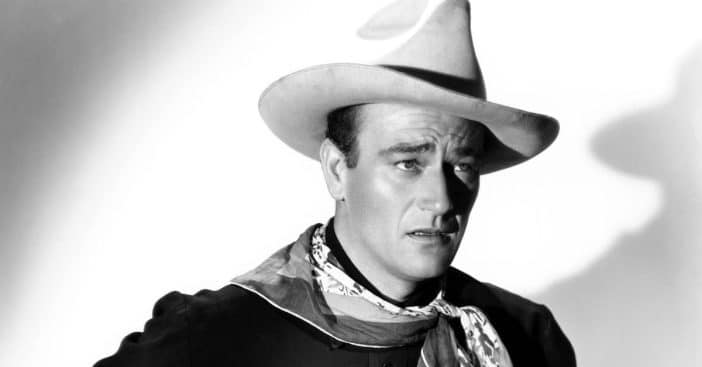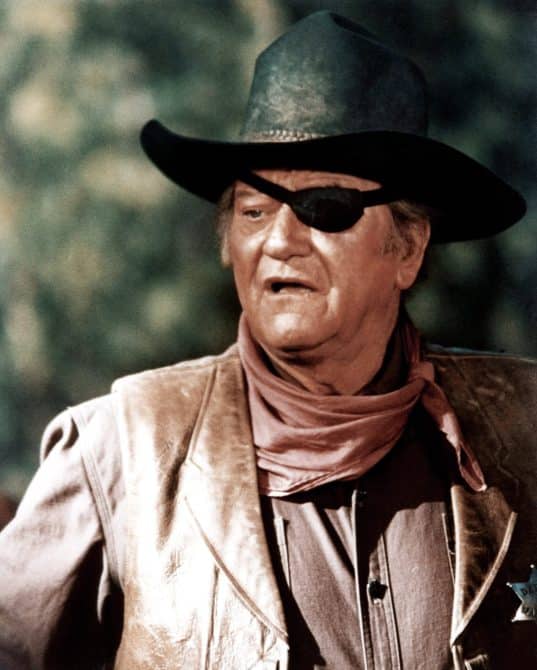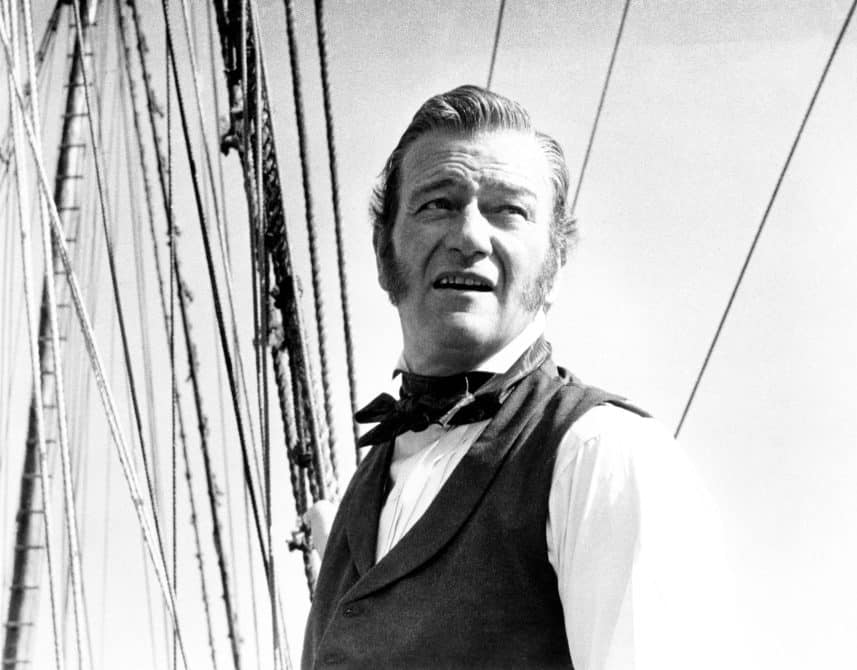
John Wayne left an indelible mark on American cinema with a career that spanned over five decades. Renowned for his roles in iconic Westerns like Stagecoach and Fort Apache and memorable appearances in war epics such as The Longest Day and The Green Berets, Wayne became a symbol of strength, heroism, and patriotism on the silver screen. Tragically, on June 11, 1979, he succumbed to stomach cancer after a prolonged battle with the disease, leaving behind a legacy that continues to resonate with audiences worldwide.
Yet controversies surrounding John Wayne’s death persist all of these years after his passing. These have sparked debates and speculation, with some questioning the circumstances surrounding his illness and demise.
Rumors about John Wayne’s illness and death

Rumors began circulating that during Wayne’s autopsy, a significant amount of fecal matter was found in his system. This claim was further fueled by reports linking his cancer to his meat consumption, suggesting that the buildup of animal fats in his intestines was a contributing factor to his illness and eventually death.
RELATED: These Were John Wayne’s Five Favorite Movies Of All Time
Also, it was widely speculated that the late actor’s habit of smoking had a significant influence on his susceptibility to cancer. Wayne was known to consume up to five packs of cigarettes daily, totaling approximately 100 cigarettes. In 1964, he underwent treatment for lung cancer, necessitating the removal of a part of his left lung.

Some argued that Wayne’s increased risk of cancer may have been compounded by exposure to radiation during the filming of the 1954 movie The Conqueror, which took place in the desert terrain of Utah. It was reported that 91 out of 220 crew members had been diagnosed with cancer, while 46 had died.
John Wayne’s stomach removal did not contribute to his death
Although Wayne’s stomach was removed due to tumor growth, the procedure was done in 1979, just a couple of months before his death, while he was undergoing a routine gallbladder procedure. Bernard Strohm, the administrator of the hospital where the surgery was conducted, revealed that the removal of Wayne’s stomach did not affect his well-being.

“During the removal of John Wayne’s gall stones and gall bladder, an unusual type of low grade malignant tumor of the stomach was discovered and which required a more extensive operation for its complete removal. Mr. Wayne tolerated the procedure well, and the tumor was completely removed. His current condition is satisfactory,” he confessed at the time. “His prognosis is excellent. There are many, many people in this world without stomachs who indeed function very well.”
